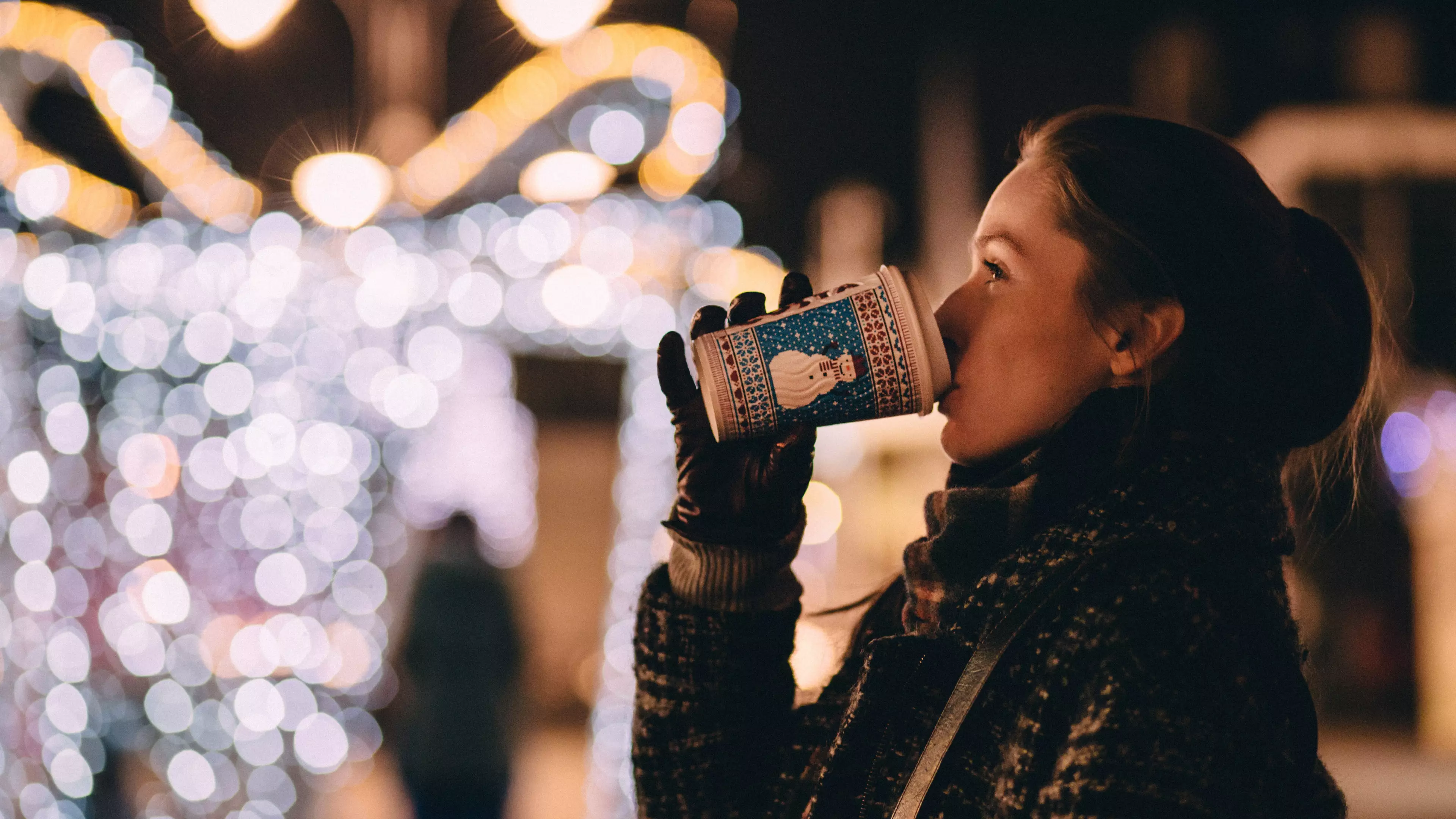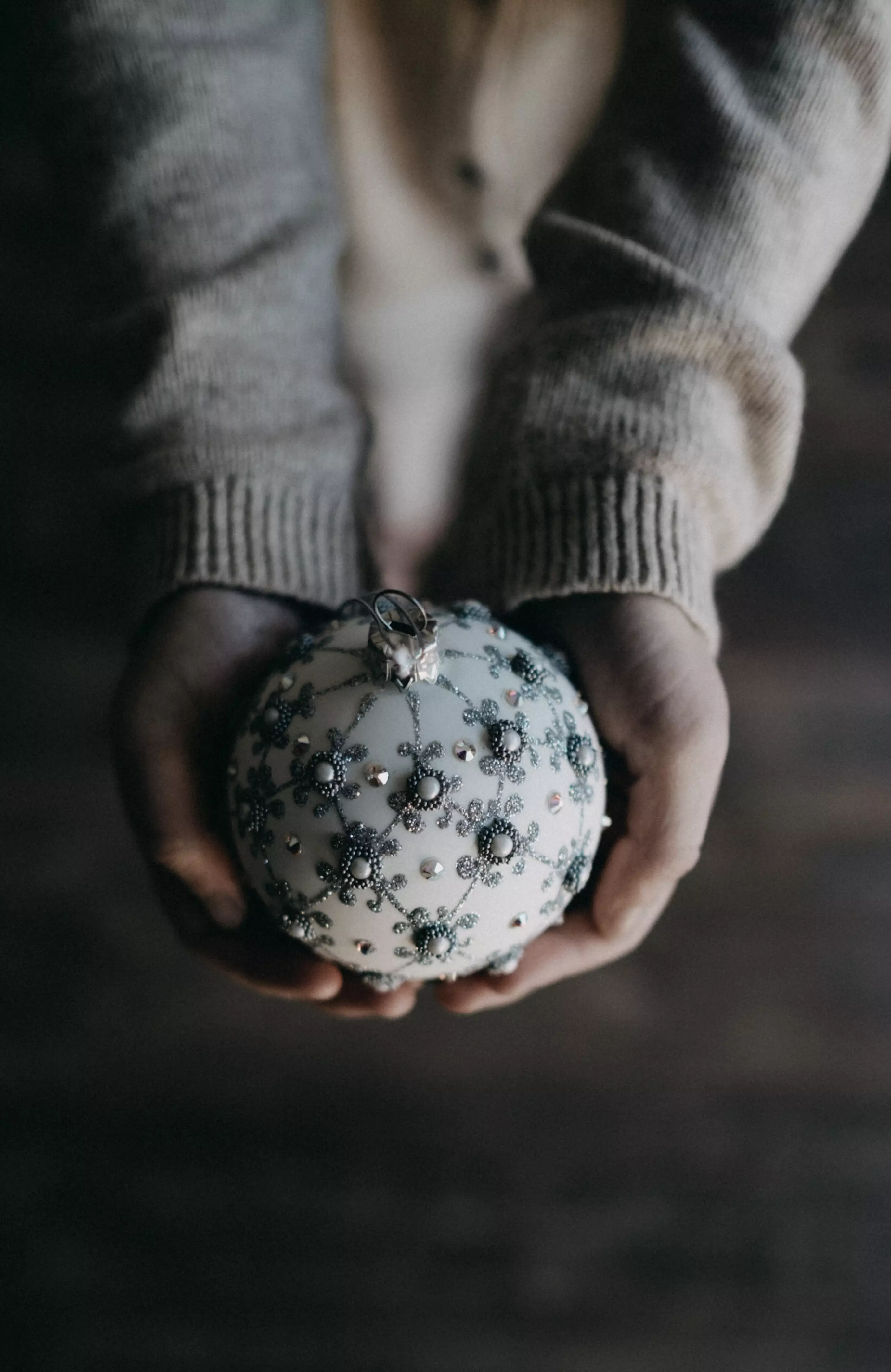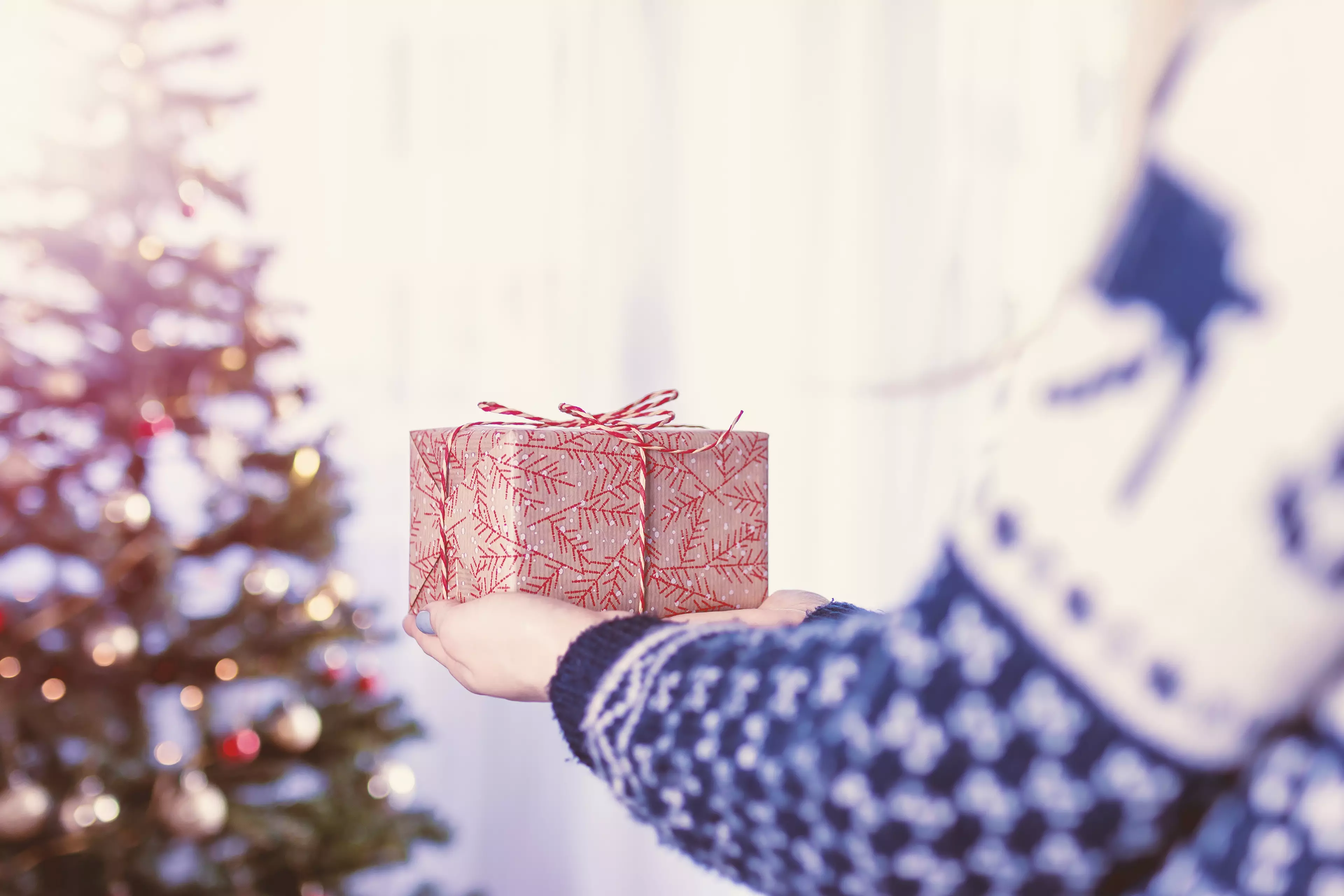
You can drown yourself in tinsel, chug enough mulled wine to make you vomit and play Mariah Carey on repeat for the whole of December - but if that festive feeling proves elusive, it can be hard to find.

Twitter users have set the mood of the nation with more than 50 tweets a day about how they don't feel Christmassy and forums on Reddit, Netmums and Quora are echoing the sentiment. In the words of Cindy Lou: "Where are you Christmas?"
But Christmassy isn't technically an emotion - so what is it?
Advert
"Feeling Christmassy is not a simple emotion but a combination," Patricia Riddell, a professor of neuroscience at the University of Reading's school of psychology explained in a recent interview.
It's essentially a mash up of happiness, surprise and awe that we've felt at Christmas since childhood that releases feel good chemicals like dopamine into your body and oxytocin - the hormone that gives you the warm and fuzzies. Remember Christmas Eve as a child? Yeh, that.

But when you grow up your perception of Christmas shifts (rumour has it the big man doesn't exist and some of us have other problems that cloud our childhood joy). If that Christmassy feeling proves elusive, the anticipation from Christmas adverts and the ever-earlier build-up can leave you feeling flat
Advert
And the Christmassy activities you do to get in the holiday spirit - like decking the halls, eating mince pies and listening to choirs? They just don't cut it anymore.

"As adults, we know we can never again enjoy those wondrous feelings and beliefs. It isn't surprising, then, that many people are disappointed when they don't experience the fulfilment of the promise of Christmas," explains Patricia.
Brian Hughes, a professor of psychology at NUI Galway, who has studied the psychological impact of Christmas, told the Metro that last Christmas might not have been as great as you think. "It is helpful to recall that today's underwhelming banalities will eventually be filtered from our memories, and in the future we will look back nostalgically on 2018 with a sense of mystical yuletide wonder."

We respond to our memories with emotions and physiologically feel the sensations of the past - be they excitement or sadness. But the distortions of nostalgia mean we only remember extreme emotions, so this re-experienced memory is biased and thus somewhat 'false'. In other words we filter out the crap and only remember the best bits of Christmas - so you've probably felt like this before.
Advert
But Brian explains that this isn't a reason to stop searching for Christmas spirit - we just need to put less pressure on ourselves and be psychologically flexible.

"Christmas is highly visible and almost unavoidable, so people tend to develop structured ideas, or schemas of what Christmas should and should not involve," he explains. "People tend to visualise an idealised version of Christmas - and the ideal and the actual seldom coincide.
"This is why, in psychology, we encourage people to be adaptable and flexible. Feeling that you must conform to a detailed, idealised template of Christmas makes everything very pressurised."

Krystine Batcho, a psychology professor at Le Moyne College, who invented the Nostalgia Inventory Test (a measure for how deeply people feel nostalgic) explains that we can't recapture the Christmas of our youth because we "know too much" and there's a lot of reality clouding the Christmas fantasy.
Advert
But what we can do is try to to reframe Christmassy into new feelings: "Although they're not exactly identical, they can in some ways be richer as we are now the ones making Christmas' for others - especially children."
Featured Image Credit: Unsplash/freestocksorgTopics: Life News, News, You, Life, Fitness, Real Life, advice, Healthy